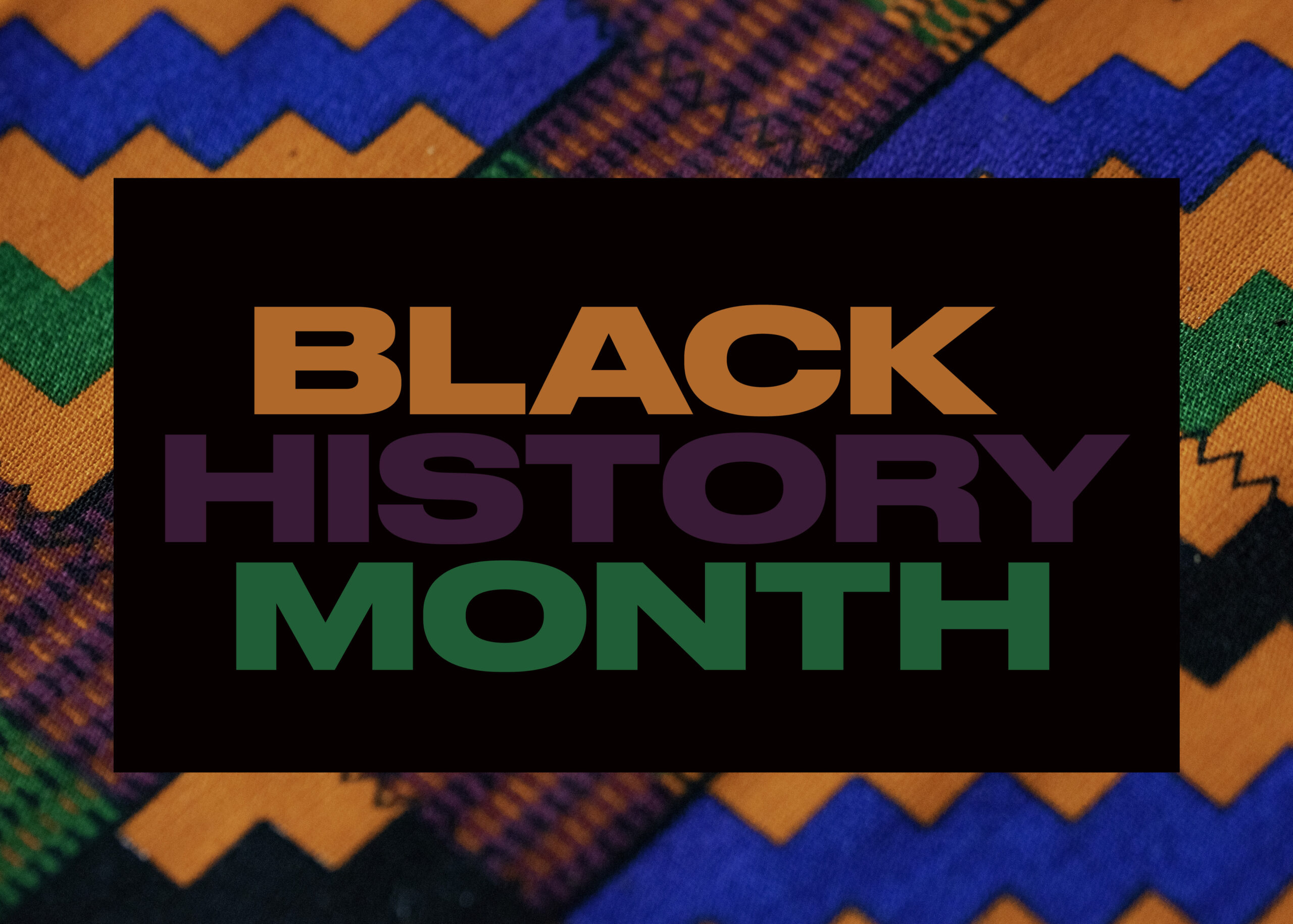
You do well if you really fulfill the royal law according to the scripture, “You shall love your neighbor as yourself.” But if you show partiality, you commit sin and are convicted by the law as transgressors. James 2:8-9
So often, we are confronted with the question, “Who is my neighbor?” As Christians, we read James 2:1-9 and ask ourselves, why does Christ Jesus call the church to “Love Thy Neighbor?” How do we welcome the stranger into God’s Church? Or why do we show partiality to those who might look like us or who are economical powerful to fellowship? My mother taught her children to be careful of showing favoritism in the church of Jesus Christ.
As we usher in Black History Month, and as one who advocates for the dismantling of Racism, especially in the church, I hold the belief that Christians are called to serve and encourage one another in the Love of Jesus.
At General Synod’s October 2021 meeting, the Synod uplifted the report from the Commission on Race and Ethnicity. The report called for advocacy for racial reconciliation and the examination of Racial fellowship among all people of God in a denominational setting, especially as some do not feel welcomed to the fellowship of Jesus our Redeemer and Savior. The Chairperson of the RCA African American Council echoed words of racial reconciliation as we looked to transform God’s church into becoming a place of belonging as God’s people. But as we asked to pray, the question still remained, “Who is our neighbor?”
As a homegrown African American pastor, (since childhood in the RCA), there are many reasons we observe the contributions of our culture in the life of Reformed Theology as we serve as Ministers of Word and Sacrament. Since slavery, these contributions have often been overlooked, unrecognized, unappreciated and at times not welcomed in our church communities. We continue as African Americans to face trials and tribulations because of the color of our skin. But we continue to “stand” and “Hold On” to God, especially in the midst of Racism, when God’s church is asking, who is our neighbor?
As Reformed members in the oldest Protestant denomination, there are highlights, as we the people of God seek reasons to highlight our determination to live out the Gospel message and rise above the insurmountable structures of systematic Racism in the church. And Although, Black History month grew out of the “Negro History Week” noted by the Historian Carter G. Woodson, there were many other prominent African American Christians and Theologians who played a major part in the transformation in shaping Blacks in the Reformed Church in America. Your very own Regional Synod of New York opened doors of representation and leadership, not only for African Americans, but as we celebrated and welcomed all racial and cultures as Brothers and Sisters in Christ Jesus. Yet we are still asking ourselves, “Who is our neighbor?
At one of our annual and regional gatherings, The African American Church recalled its history and recognized how God continues to use us for the furtherance of the Word. As Pastors, we recounted moments of achievements of the Black Manifesto, The economic disinvestment to end Apartheid in South Africa, the Conversation and storytelling made by Black Women at RCWM (Reformed Church Women in Ministry), The Education of Black young people at the Southern Normal School, the involvement and participation of African Americans voice at General Synod, the formation of Black Christian Education sponsored by the GPC (General Synod Program Council), addressing racial justice and equality at the National Council of Churches, and the World Council of Churches, bringing forth the ability to recall the faithful witness of the Love of Christ to the disabled, the poor and the stranger. Yet we ask, who is our neighbor?
For many of us, as African Americans, as Children of Color – Children of God in a white denomination, we celebrate the essence of the Gospel of Jesus Christ by our faith. A faith which strengthens and transforms into great works in our ministries and missions in the life of the Reformed Church in America. Therefore, in the midst of the question, “Who Is Our Neighbor, I (We) continue to uplift the old Negro hymn that is often sung in prayer: “It’s me…it’s me, it’s me oh Lord, standing in the need of prayer…not my mother…father…sister…brother but it’s me standing in the need of prayer.
Prayerfully,
Rev. Dr. Micheal Edwards
